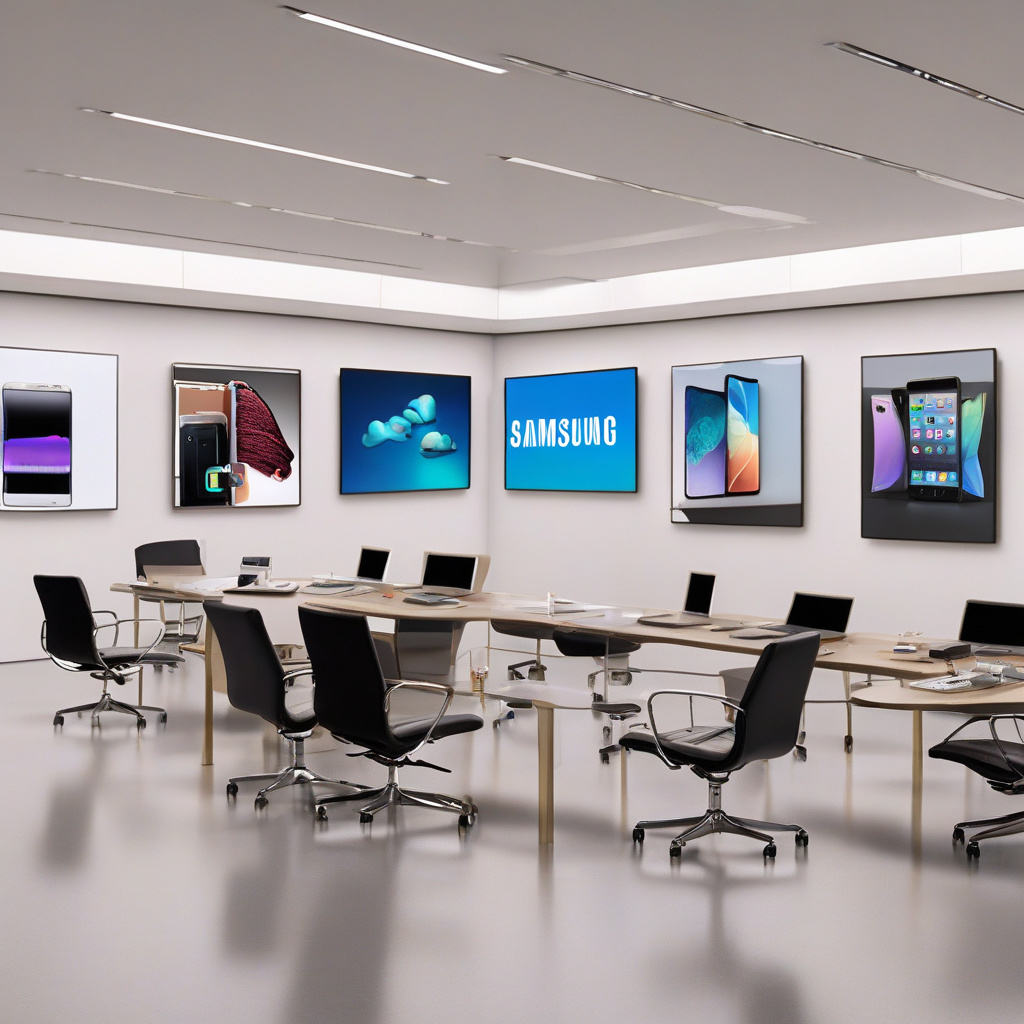Apple and Samsung Face Price Hikes Amid US Tariffs
The tech giants Apple and Samsung are bracing for the impact of the new US tariffs that have recently taken effect. As a result of the escalating trade tensions between the United States and other countries, including China, these two companies could be compelled to raise their prices to offset the increasing import costs incurred due to the new tariff policy.
The imposition of tariffs on imported goods has become a significant concern for many companies operating in the global market, and Apple and Samsung are no exception. With a substantial portion of their products being manufactured overseas, particularly in China, the new tariffs are likely to have a direct and immediate effect on their production costs.
For Apple, known for its iconic iPhone and other popular devices, the impact of the tariffs could be particularly pronounced. The company relies heavily on Chinese manufacturing facilities for the production of its hardware products, and any increase in import costs resulting from the tariffs is expected to put pressure on its profit margins. As a result, Apple may have no choice but to pass on some of these additional costs to consumers in the form of higher prices.
Similarly, Samsung, the South Korean tech giant and a fierce competitor of Apple in the global smartphone market, is also likely to feel the pinch of the new tariffs. While Samsung produces a significant portion of its devices in its home country, it still relies on Chinese manufacturing for certain components and products. The higher import costs associated with the tariffs could compel Samsung to adjust its pricing strategy to maintain its profitability.
The prospect of price hikes by Apple and Samsung as a response to the new tariffs raises concerns for consumers, who may soon find themselves paying more for their favorite gadgets. In a highly competitive market where innovation and pricing play a crucial role in attracting and retaining customers, any increase in prices could potentially impact the purchasing decisions of consumers.
Moreover, the ripple effects of the price hikes by Apple and Samsung could be felt across the tech industry, influencing the pricing strategies of other companies and reshaping the competitive landscape. Smaller players in the market may also be forced to reevaluate their pricing to remain competitive in the face of the changing market dynamics driven by the tariffs.
In conclusion, the new US tariffs have put Apple and Samsung in a challenging position, forcing them to consider price adjustments to navigate the evolving trade environment. As these tech giants prepare to absorb the impact of the tariffs on their bottom line, consumers and industry watchers alike will be closely monitoring how the situation unfolds and its repercussions on the broader market.
Apple, Samsung, tariffs, import costs, pricing strategy
